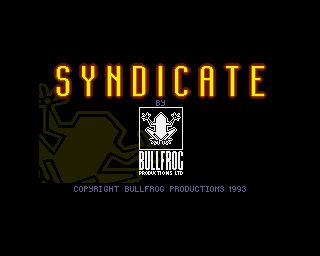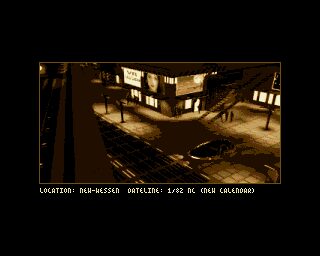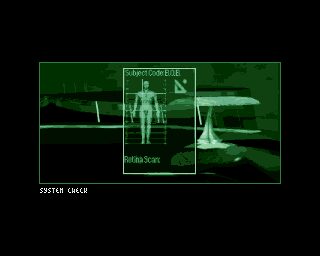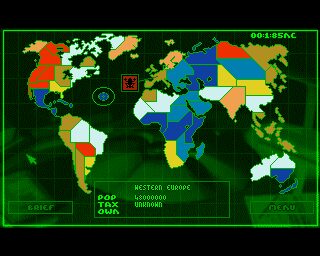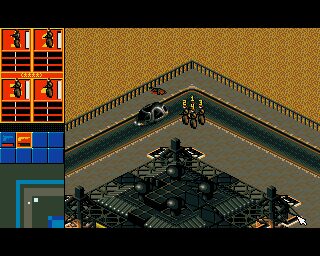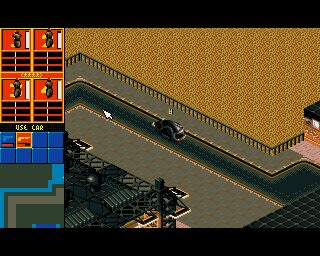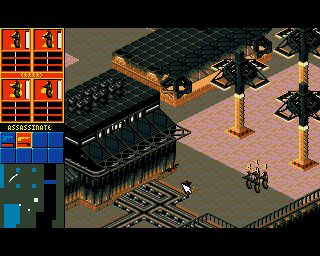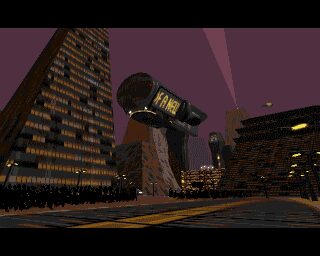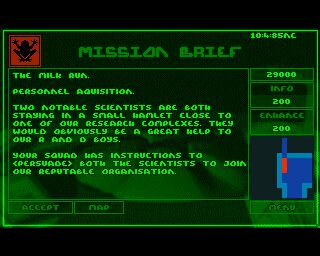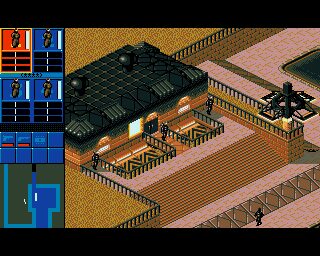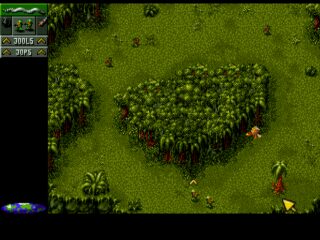Syndicate, released by Bullfrog Productions in 1993, is a landmark in real-time tactical games. The game blends strategic squad management with a gritty cyberpunk setting that remains iconic to this day. Designed by Sean Cooper and developed under the supervision of Peter Molyneux, the game reflected Bullfrog’s creative DNA—complex systems, sandbox-style gameplay, and a refusal to be boxed into genre conventions.
Coming off titles like Populous and Powermonger, Bullfrog was already known for bending genres. While those games were rooted in god-game mechanics and world manipulation, Syndicate brought Bullfrog’s systems-heavy thinking down to the street level. At its core, Syndicate is about controlling a team of four cybernetically enhanced agents through a series of missions that include assassinations, extractions, and full-scale urban warfare. But unlike simpler tactical games, Syndicate layered on multiple dimensions: corporate geopolitics, resource management, and ethical ambiguity.
A direct lineage can be traced to games like Laser Squad, which pioneered turn-based squad tactics. But where Laser Squad was meticulous and slow, Syndicate was real-time chaos. Missions were set in living, breathing urban environments, with civilians, traffic, police, and enemy agents all reacting dynamically. Players could approach objectives in dozens of ways—guns blazing with mini-guns and flamethrowers, or carefully, using persuasion fields to convert enemies or civilians into temporary allies. The freedom of approach was revolutionary.
What set Syndicate apart wasn’t just the gameplay—it was the tone. This was pure cyberpunk: mega-corporations have replaced governments, the world is carved into economic zones, and you are a morally bankrupt executive controlling cybernetic hitmen. The atmosphere is reinforced by the isometric visuals, bleak cityscapes, and a pulsing techno soundtrack. The oppressive sense of surveillance, control, and dehumanization gave Syndicate a unique narrative weight, even though the story was mostly conveyed through mission briefings and implied context.
While Syndicate was not without flaws—its interface was minimal and punishing, and the lack of in-mission save points could make things frustrating—it offered a level of systemic depth that few other real-time games dared to attempt at the time. It was tactical but also demanded resource management, logistics, and moral compromise.
Syndicate was a critical and commercial success, and it left a legacy that can be seen in modern titles like UFO: Enemy Unknown, Shadowrun Returns, and even cyberpunk-themed strategy games like Satellite Reign. It proved that tactical action could be fast-paced without sacrificing depth, and that real-time squad control could be as nuanced and rewarding as any turn-based system.
In the years since its release, Syndicate has remained a touchstone for intelligent, atmospheric game design—one that successfully merged genre influences into something truly original.

